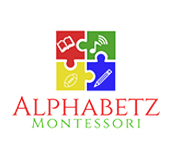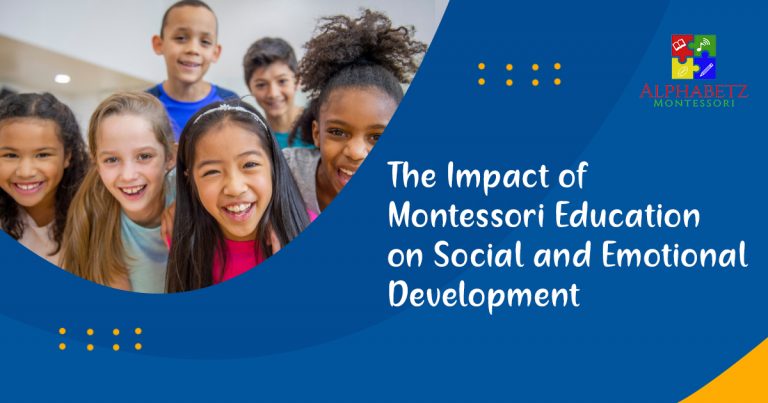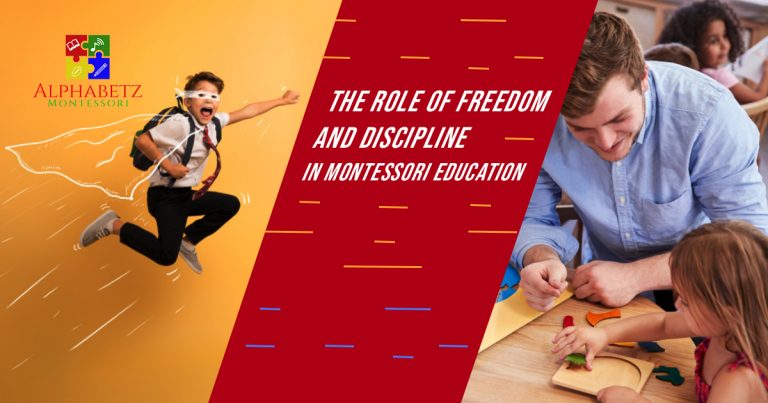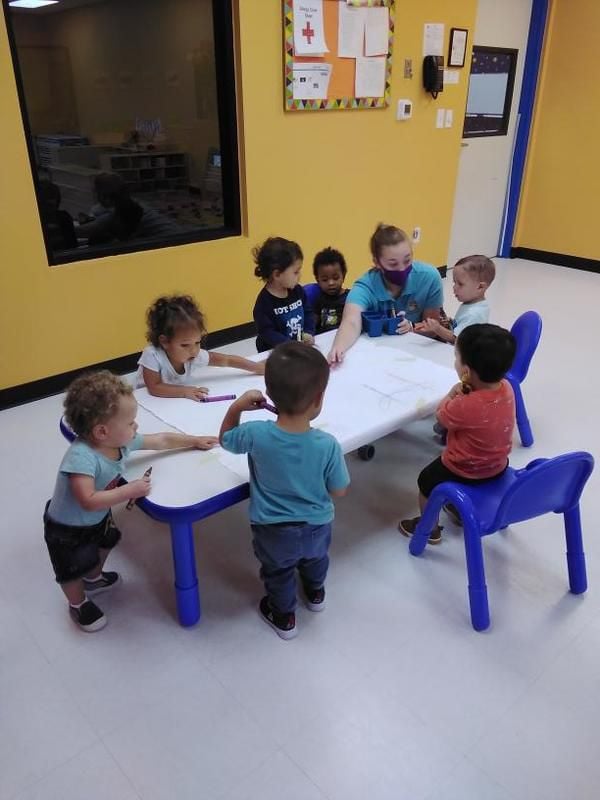Discover engaging Montessori activities in San Antonio, TX at Alphabetz Montessori’s blog. Nurturing all-round development through nature-inspired learning.
Alphabetz Montessori: Igniting Curiosity, Fostering Independence Unlocking Potential, One Child at a Time In the vibrant heart of San Antonio, Alphabetz Montessori stands as a beacon of educational innovation, transforming the way children learn and…
At Alphabetz Montessori, we believe in fostering well-rounded development in children, and that extends beyond academics. One of the remarkable aspects of Montessori education is its profound impact on a child's social and emotional growth.…
At Alphabetz Montessori, San Antonio, TX, we embrace the Montessori method, which emphasizes the importance of freedom and discipline in a child's educational journey. In this blog post, we will explore how the balance between…
Disrupting routine is one of the joys of raising children. Everyday activities become thrilling discoveries and pleasant challenges for kids. The child has to learn new skills including cooking, dressing, cleaning, and more. In the…




